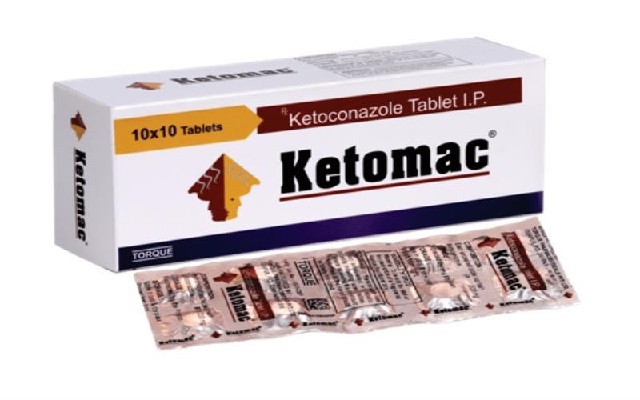Skin infections caused by fungi are frequent and can be extremely bothersome. Itching, redness, flaking, and irritation are just some of the symptoms they might bring on. For fungal infections that are particularly severe or chronic, oral antifungal pills are a common therapeutic choice. However, it is critical to know how to use the best antifungal tablet for skin properly and to anticipate any adverse reactions.
Table of Contents
Antifungal Medication and the Treatment of Fungal Infections of the Skin
Many different kinds of fungi can cause infections of the skin, nails, and hair. Commonly found in the environment, these fungi can spread from person to person or from infected object to animal. Fungal skin infections including ringworm, athlete’s foot, and jock itch are extremely frequent.
Antifungal pills are antibiotics or other drugs used to treat fungal infections. They accomplish their goals by homing in on and inhibiting the activity of specific parts of fungal cells. When a fungal skin infection is mild to severe, it may not respond to topical therapies, or it may be widespread, leading to the prescription of oral antifungal tablets.
Antifungal Pill Dosage Recommendations
The recommended daily amount of antifungal tablets changes with each different treatment and the severity of the infection. To get the most benefit from your medication, take it exactly as prescribed by your doctor or pharmacist. An antifungal tablet’s efficacy and safety can be compromised by either over- or underdosing.
Antifungal pills are usually swallowed whole, either before or after a meal. Whether or whether an infection reacts to treatment determines how long they will need to be taken. Even if your infection’s symptoms improve before the conclusion of the treatment period, you should to take the medication as directed.
Skin Ill Effects From Anti-Fungal Pills
Antifungal pills, like any other prescription, might potentially produce negative effects. Medications, dosages, and individual factors like age and health all have a role in determining the side effects a patient experiences. Antifungal pills typically cause the following negative effects:
- Feeling sick to one’s stomach and puking
- Diarrhea
- Headache
- Itchy or rash skin
- liver failure
- Variations in Hunger or Taste
- Feelings of faintness or dizziness
You should inform your doctor if you suffer any of these negative reactions when taking an antifungal tablet. Medication dosage adjustments or new prescriptions may be necessary in some circumstances.
Antifungal Pill Cautions and Adverse Reactions
If you are taking any medications, including over-the-counter vitamins and herbal therapies, tell your doctor. Antifungal tablets can interfere with other medications. Certain antibiotics and blood thinners, for example, can raise the likelihood of adverse effects or lessen the efficacy of antifungal pills.
People with preexisting liver or kidney illness may also not be good candidates to take antifungal pills. Before beginning therapy with antifungal tablets, it is crucial to inform your healthcare professional of any preexisting health conditions you may have.
Treatment Time with Antifungal Tablets for Skin Infections
Depending on the severity of the infection and how well it responds to therapy, the length of time needed to clear up a skin infection with antifungal tablets can range. In many cases, maintenance treatment over a period of weeks or months is required. Even if the infection’s symptoms resolve before the conclusion of the treatment time, it’s still necessary to finish the complete course of medication.
Drug Interactions with Antifungal Tablets
It has already been established that antifungal tablets may interact with a wide variety of pharmaceuticals, including those available over-the-counter, in prescription form, as well as nutritional and herbal aids.
Conclusion
If you have a fungal skin infection that is mild to severe, is widespread, and has not responded to topical therapies, you should consider taking tablets for fungal infection on skin. However, it is critical to know how to use them properly and to anticipate any adverse reactions. It’s important to tell your doctor about any other medications you’re taking, and to follow their dosage instructions exactly.
